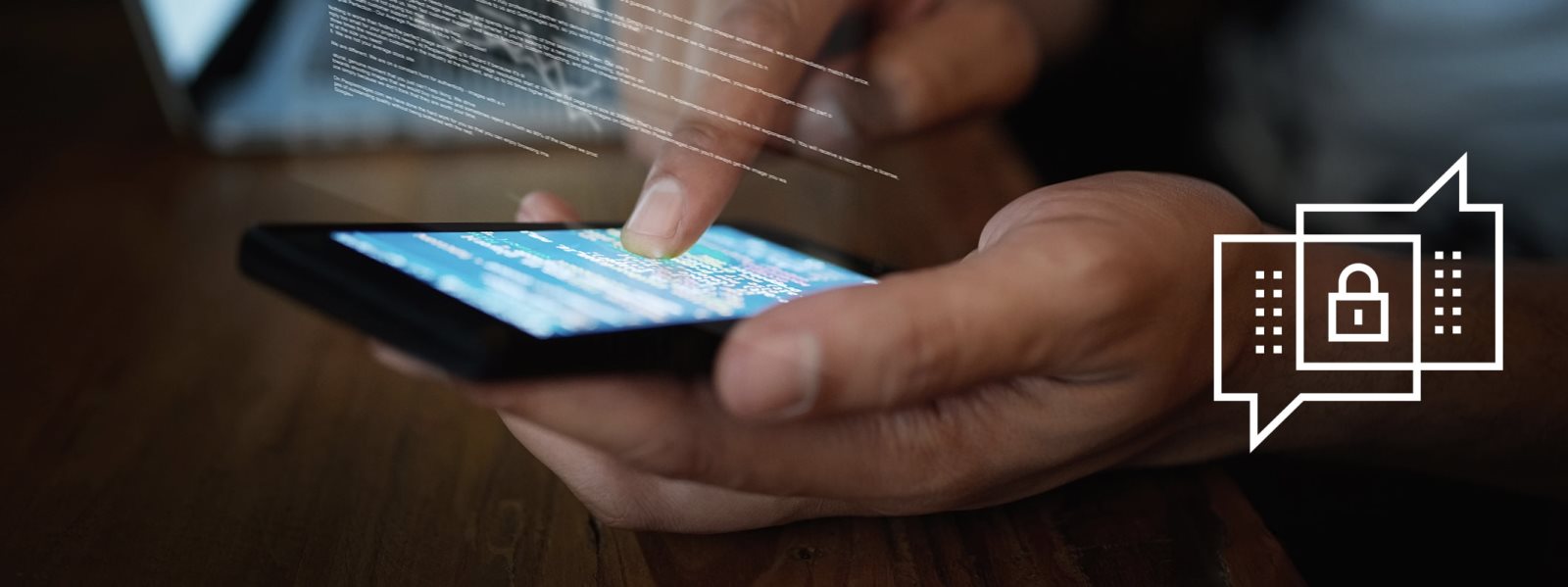Social networking sites allow us to stay in touch with friends around the world, to share experiences and photographs. It's also used extensively by organisations to deliver marketing messages.
Whilst social media has many benefits, there are also risks involved with its use. Such things can include identity theft, fraud, or being tricked into downloading malware.
Criminals can gain valuable information about you from your social media profile. This information helps them to tailor social engineering scams.
Watch How Private Is Your Personal Information? on Vimeo
Top tips for safe social networking
- be wary of publishing any identifying information about yourself, either in your profile or in your posts; this information can be used by fraudsters
- use privacy features to restrict strangers’ access to your profile
- be careful about who you let join your network
- remember what goes online stays online; do not make comments or publish pictures that might you might regret later
- never post comments that are abusive or may cause offence
- bare in mind that many organisations view current or prospective employees’ social media profiles
- be aware of what friends post about you, particularly about your personal details and activities
- do not post your holiday dates, or family photos while you are away, as social networking sites are a favourite research tool for the modern burglar
- look out for phishing scams, including phoney friend requests, and posts from individuals or companies inviting you to visit other pages or sites
- use strong passwords
- ensure you have up-to-date antivirus software before you go online
Change your privacy settings on social media
Each site has detailed instructions on its privacy settings:
